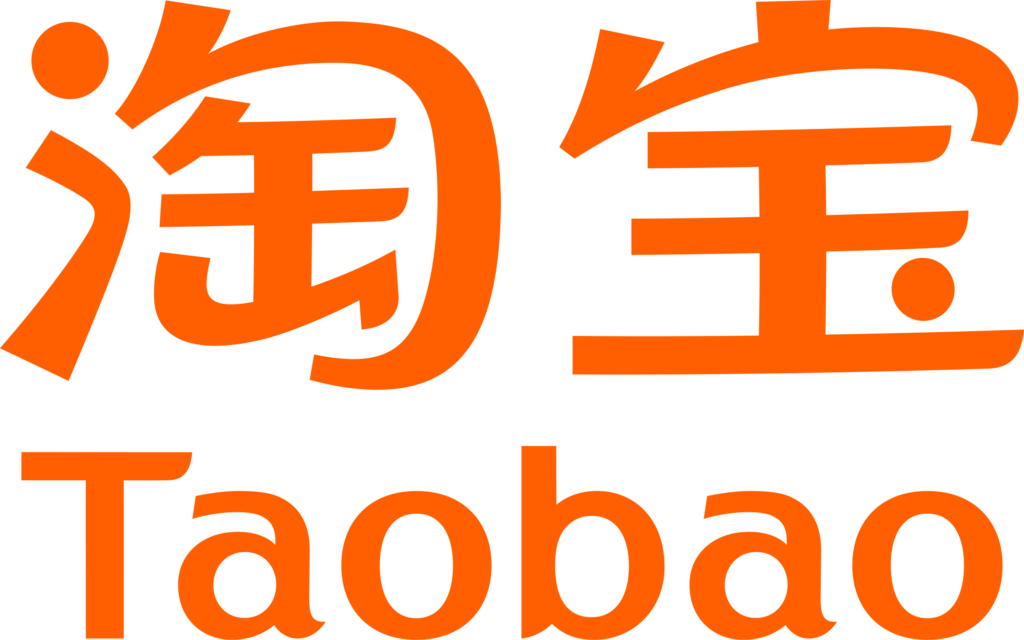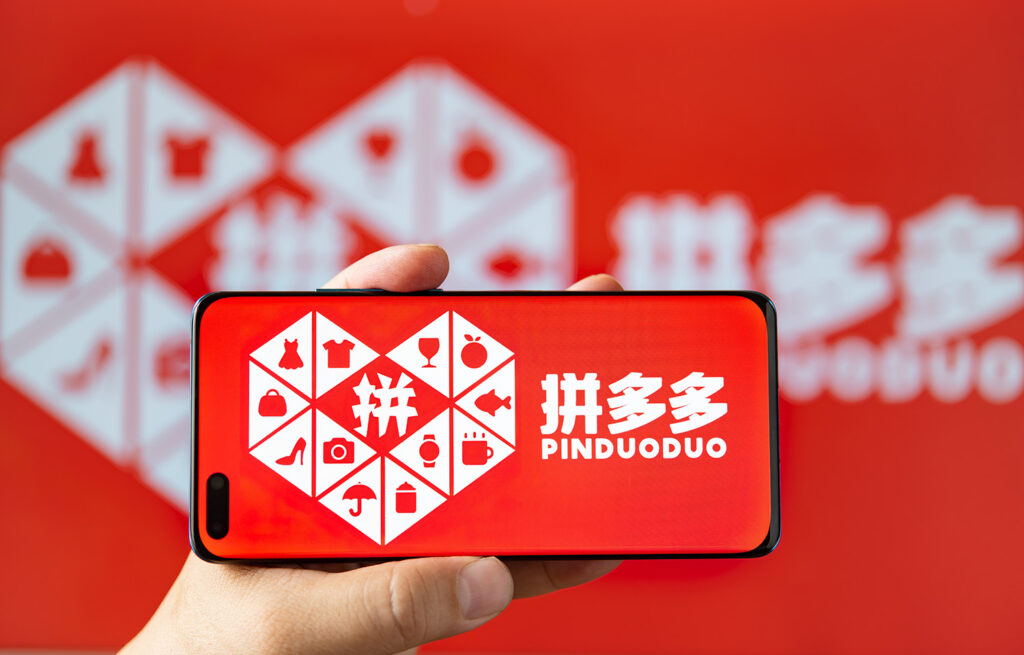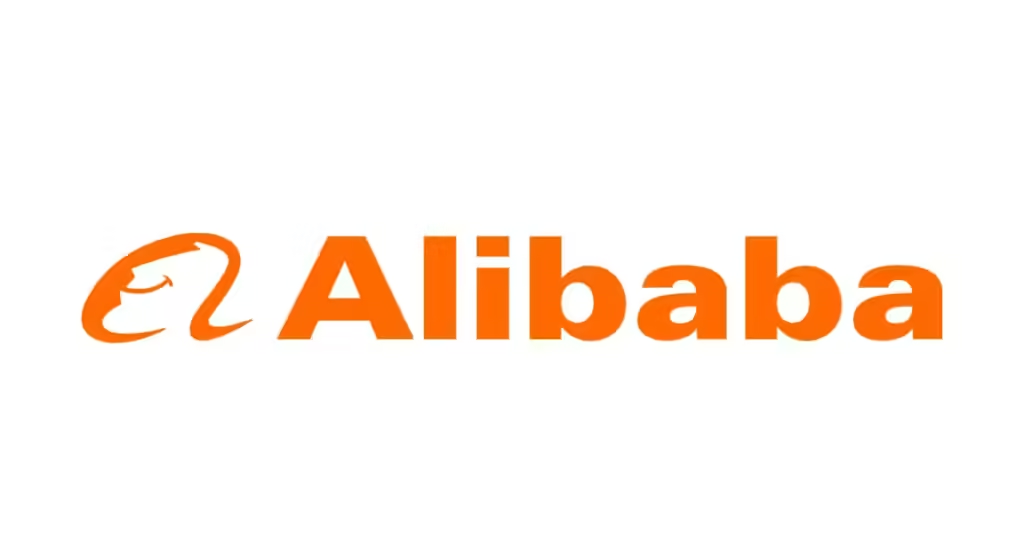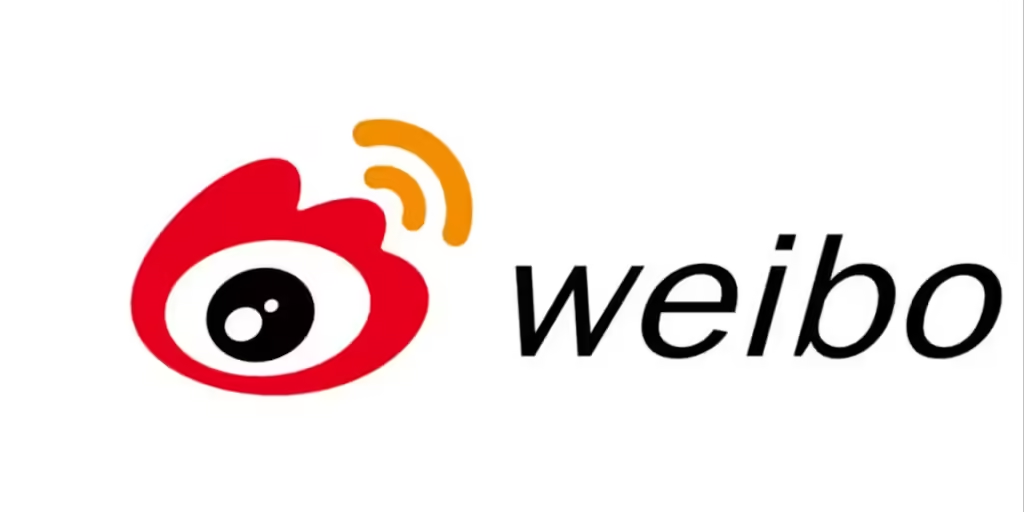Understanding the Online Platforms of Chinese Enterprises

Understanding the Online Platforms of Chinese Enterprises
Finding the right supplier can be a challenging task, especially when seeking multinational partners from different cultural backgrounds.
Many of you have probably seen ads from Chinese factories online, a clear indication that numerous Chinese companies are eager to expand their influence in European and other global markets. They’re doing everything they can to capture the attention of potential partners—through online platforms, annual exhibitions, trade shows, and even countless spam emails in your inbox.
The Efficiency of Online Platforms for Sourcing Suppliers
One of the most efficient ways to find wholesale suppliers and manufacturers is through online searches. Company websites allow buyers to directly contact manufacturers, browse catalogs, explore products and collaboration terms, and even get in touch with company representatives for more details.

The Advantages of Using B2B Platforms
Using B2B platforms for supplier sourcing allows you to compare various offers and terms of cooperation. On these platforms, you can find multiple suppliers offering similar products, enabling you to compare their prices, product quality, delivery terms, and more. This helps you choose the supplier that best suits your needs.
However, when sourcing through the largest B2B platforms that you can easily find on Google, it’s important to remember that many Chinese companies are restricted from accessing Google. So, what are the most popular and frequently used B2B platforms in China? And do Chinese businesses listed on Google also have profiles on Chinese platforms?
1. WeChat
WeChat, China’s national-level app, boasts a combined monthly active user count of 1.359 billion. The platform’s user base is diverse, with 25-30-year-olds making up 13.7% of users, 31-40-year-olds at 22%, and users aged 41-50 and above at 19.2% and 22.7%, respectively. With such a massive user base and high engagement rate, WeChat has developed various features, creating an expansive ecosystem. Some key components include:

1.1 WeChat Video Accounts Chinese businesses use WeChat’s video account platform to tap into the ecosystem, helping them manage customer relationships. By creating high-quality video content, businesses can attract followers and achieve viral content distribution.
1.2 Official Accounts Similar to video accounts, WeChat’s official accounts serve as a place for businesses to publish blogs, news, and updates. Though some content is entertainment-based, official accounts maintain their position as authoritative spaces for organizations to communicate with their audience.
2. Taobao
Taobao is one of China’s earliest e-commerce platforms, with an extensive user base and a broad range of product offerings. Whether you’re looking for everyday items, clothing, electronics, or quirky niche products, you can find it on Taobao. The platform’s diverse product range and established trust among users make it a key player in the e-commerce market, even as it faces competition from newer platforms.

3. JD.com (Jingdong)
Founded in 1998, JD.com is renowned for its efficient logistics and excellent after-sales service. JD.com’s self-operated products stand out for their quality and quick delivery, especially in categories like electronics, home appliances, and furniture. It’s one of the most popular platforms for Chinese consumers, known for its solid reputation and reliable service.

4. Pinduoduo
Pinduoduo has risen quickly through its social commerce model. With strategies like group buying and bargain-hunting features, it attracts a large user base, especially those seeking lower-priced, high-value items. The platform’s low-cost appeal is similar to that of Temu, where bargain shoppers flock.

5. Douyin (Chinese TikTok)
Launched in 2016, Douyin is the Chinese counterpart of TikTok and has become a leader in interest-based e-commerce. Leveraging its short video and live-streaming features, businesses can showcase products and engage potential buyers. Douyin’s interactive and entertaining format makes it a powerful tool for influencing purchasing decisions.

6. Alibaba (1688)
1688 is a B2B platform focused on domestic sourcing within China, similar to Alibaba’s international platform. Though it also allows personal stores, its traffic and transaction volume are smaller compared to platforms like Taobao or Pinduoduo. Still, it’s an excellent choice for Chinese manufacturers to promote business collaborations and custom orders.

7. Vipshop
Vipshop is a discount-focused platform that specializes in brand-name products at lower prices. Partnering with various brands, it offers time-limited discounts and clearance sales, attracting price-sensitive consumers who want to buy quality items without breaking the bank.

8. Weibo
Weibo functions as a news and social media platform, ideal for businesses to announce major events, product launches, marketing campaigns, and stances on trending issues. While Weibo’s influence has decreased, its earlier success and still-active user base keep it relevant for certain types of corporate communication.

